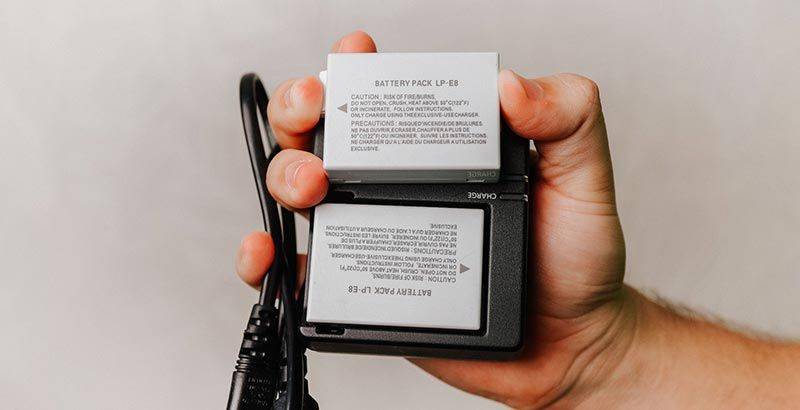Why Knowing Lithium-Ion Battery Risks Is Crucial for Air Travel?
Battery has energy content similar to gasoline and bullets which can cause explosions and fires

Dubai: Recently, the number of reported fires in flights caused by lithium-ion batteries has risen. These batteries, which power our everyday devices, contain significant energy and can lead to a fire or even an explosion if released unintentionally. Due to the risks they pose when transported by air, strict regulations and safety measures are in place to ensure air travel safety.
The International Air Travel Association (IATA) and the Federal Aviation Administration (FAA) have updated their rules on lithium batteries to ensure compliance. IATA has developed guidance for shippers, freight forwarders, ground handlers, airlines, and passengers under the "65th Edition of the IATA Dangerous Goods Regulations (DGR)." The guidelines define products considered dangerous and classes, exceptions, and prohibitions.
Various airlines prohibit power banks with a capacity of more than 160Wh. However, passengers may carry up to two spare larger lithium-ion batteries (101–160 Wh) or lithium metal batteries (2-8 grams) with airline approval. Carrying a 20,000-mAH (milliampere-hour) power bank in cabin luggage is permissible, equating to less than 100 watt-hours.
Dr. Greg Less, a battery chemistry expert and technical director at the University of Michigan Battery Lab, has explained that batteries have much energy, like a gasoline tank or a bullet in a gun. If the power is released in a way that we don't want it to, a fire or even an explosion can occur. This is why having strict safety measures in place is crucial.
To prevent battery fires, it is essential to ensure that damaged batteries are not carried onto aeroplanes. Signs of damage include bulging or cracking, hissing, leaking, rising temperature, and smoking before use. If a passenger notices signs of damage or problems once on board, the flight attendant should be notified immediately.
In 2016, "thermal containment bags" became commonplace on aeroplanes after several Samsung Galaxy Note 7 smartphone explosions. These fire-containment bags can seal an overheating battery-operated device to prevent a midair disaster.
Industry data shows that incidents involving lithium-ion battery fires surged by over 42% from 2018 to 2022, with nearly 500 reported incidents of lithium battery fires on flights (including more than 60 in 2023 alone), according to the FAA. Due to their sudden and potentially dangerous nature, lithium battery fires are considered "Class B" fires, and it is essential to identify the cause accurately for effective fire suppression.
Understanding the risks associated with lithium-ion batteries is vital for air travel safety and can help prevent midair disasters caused by battery fires.